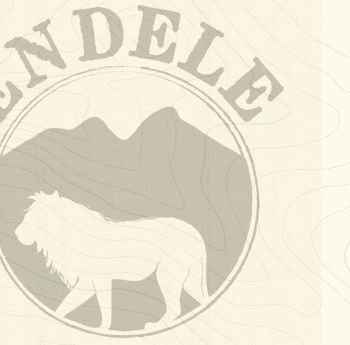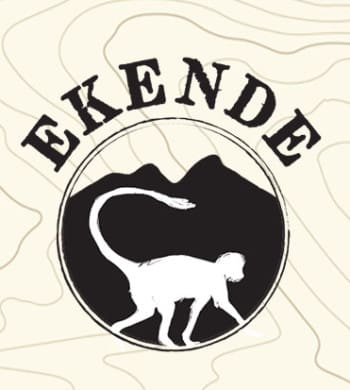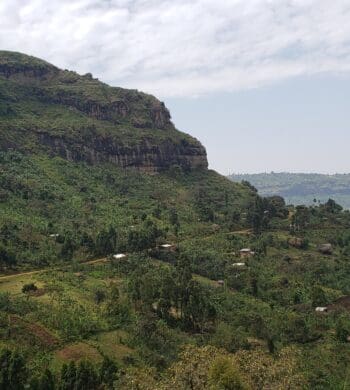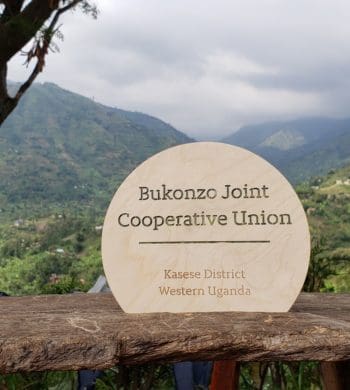Coffee accounts for 20 – 30% of Uganda’s foreign exchange earnings each year, and more than 3.5 million families work in coffee-related activities. The bulk of the country’s coffee is produced by smallholder farmers working plots of less than 2.5 hectares.
While Uganda is (along with the Democratic Republic of Congo) one of the countries where robusta coffee originated, today it is gaining increasing recognition for the quality of its arabicas. Arabica is grown primarily on the eastern and western borders of the country. In the east, coffee is produced around the Mount Elgon volcano, and the washed coffees produced there are often exported under the Bugisu (or Bugishu) name. In the Rwenzori mountains of Western Uganda, natural processing is the standard method, and the low-grade commercial product resulting from strip picking and high defect counts is known as DRUGAR (dried Uganda Arabica).
Historically, neither the drugars nor the washed arabicas fetched very high prices. However, in recent years a great push has been made by growers – particularly in the West – who understood that they had the soil, the elevation, the climate and the genetic stock–to create an outstanding coffee. The results of this new focus on careful harvesting and meticulous processing have been excellent. Growers are beginning to sell their washed arabicas – and their specialty natural process arabicas – for great prices.
In the cup, Uganda’s washed coffees bring satiny body and ripe stone fruit tones, along with a delicate touch of red berry and a buttery finish. The best natural coffees feature a lush dark berry jam flavor and mouthfeel, and clean nougat-like mid tones.



